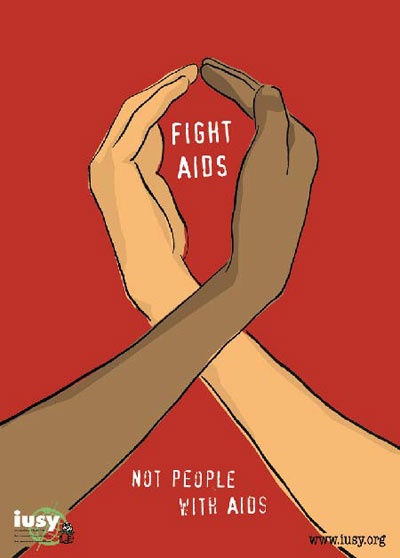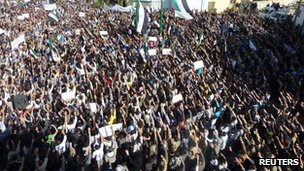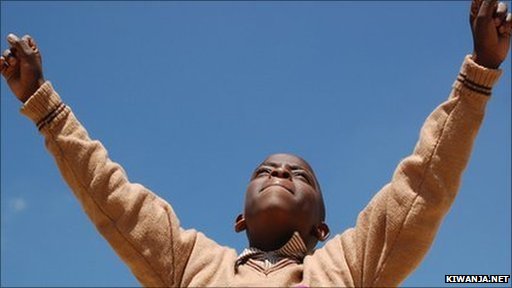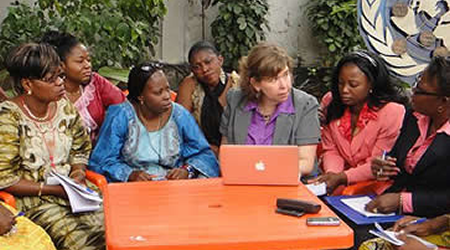 In another case of authoritarian regime vs. public protesters, information and communication technologies (ICTs) seem to have fueled the fire. Russians took to the streets last weekend in social media-driven demonstrations against alleged election fraud committed by Prime Minister Vladimir Putin’s United Russia Party, in the biggest protest the country has ever witnessed since the fall of the Soviet Union in 1991.
In another case of authoritarian regime vs. public protesters, information and communication technologies (ICTs) seem to have fueled the fire. Russians took to the streets last weekend in social media-driven demonstrations against alleged election fraud committed by Prime Minister Vladimir Putin’s United Russia Party, in the biggest protest the country has ever witnessed since the fall of the Soviet Union in 1991.
Russian opposition activists have used Twitter, Facebook, and other social media platforms to uncover electoral fraud and organize protests. Such is the case of Danila Lindele, 23-year-old citizen activist, described by VOA News as a “new breed of Russian activist, one more likely to reach for an iPad than a bullhorn.”
Despite conceding that irregularities did occur during the electoral process, President Dmitry Medvedev criticized the protests using his official Facebook page.
“I agree neither with the slogans, nor the statements voiced at the protests,” President Medvedev said. Russians responded with insults such as “shame” and “pathetic”, according to VOA News.
BBC reports that at least “7,000 comments had appeared under his post by 20:00 GMT on Sunday, a day after the biggest anti-government protests since Soviet times. An early random sample showed the comments were equally divided between hostility, support and neutrality.”
Authorities carried out over 1,000 arrests, mostly in Moscow, and key protester, blogger and anti-corruption campaigner Alexei Navalny was jailed, the BBC said.
Global Voices, an online platform for bloggers from around the world who report on how citizens use the Internet and social media to make their voices heard, often translating from other languages, features posts by prominent Russian bloggers such as Navalny in their Russia 2011 Elections Special.
“The time has come to throw off the chains. We are not cattle or slaves. We have a voice and we have the strength to defend it,” Mr. Navalny blogged.
Navalny also posted a video of Putin’s speech at the Olimpiysky Sports Complex to illustrate the Prime Minister’s declining popularity as evidenced by boos he received from segments of the crowd.
http://youtu.be/ZxQslFifQBw
Blogger Sean Guillory points out that election fraud is not novel practice in Russian politics and refers to Leontii Byzov, a senior sociologist from the Institute of Sociology of the Russian Academy of Sciences to explain why the largest anti-government protests is taking place now.
“There are several overlapping factors. First, the rise of a new generation of young people who don’t remember the ‘trauma of the 1990s’. They are not afraid of change, it is more attractive to them than the ‘gilded cage’ of Putinist stability. Young members of the middle class want social mobility and dream about meteoric careers,” said Byzov.
“Another factor is the swelling internal opposition within the Russian elite. In the 2000s, Putin served as a certain guarantor of balance between elite groups with completely opposite interests,” added Byzov. The tensions between the Putin-backed siloviki and liberals supporters of Medvedev are entangled in a power struggle over the control Gazprom and other state corporations.
Columnist DOĞU ERGİL argues that ICT tools in the form of social media platform, the Internet and cell phones can compensate for a lack of an opposition to an authoritarian regime, pointing to the power to connect millions and allow individuals to share messages and act in relative concert, that these platforms and networks possess.
“The Tahrir Square protest are the best example of what a virtual community can create in the absence of organized opposition,” he said.
As it was the case in Egypt and Tunisia, Russia has a strong, authoritarian leadership. ICTs are helping challenge the authoritarian state structure, as evinced by the recent anti-government demonstrations, and despite the Kremlin’s crackdown and control of the media, ERGİL argues.
In fact, two-thirds of Russians are said to be utilizing ICTs, especially the mobile phone network and blogging. The political space created by these tools enable exchanges that narrows the ideological divides and strengthen opposition to a government determined to sustain its grip on society as long as it can.
According to the BBC, “as many as 50,000 people gathered on an island near the Kremlin to condemn alleged ballot-rigging in parliamentary elections and demand a re-run” “The protesters alleged there was widespread fraud in the December 4th polls though the ruling United Russia party did see its share of the vote fall sharply.”

















































